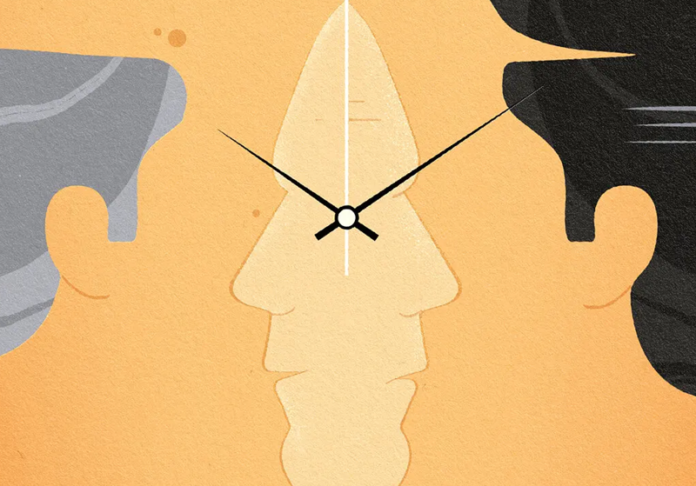New tests promise to tell you if you have cells of 30 years or 60 years of age. Here's what you need to know about them.
If you have ever been to a meeting of graduates, you know that some people get older than others. Twenty -five years after graduation, one classmate may look ten years younger than others, the other - ten years older.
"People know this intuitively," says Dr. Nir Barzillai, Director of the Institute for Aging Studies at Albert Einstein Medical College, "but they do not understand that it is a biology we are trying to open."
Scientists are working to quantify this phenomenon and determine the "biological age" of a person, looking at the state of his cells, not how many years she lived. Some of these measurements are now sold as blood tests directly to consumers. But before you put hundreds of dollars to find out how old you are really, make sure you know what you pay for. Experts warn that although these tests are interesting in theory and can be valuable tools for research, they are not yet ready for a prime time.
How to measure the biological age?
Researchers define the biological age as "the accumulation of damage that we can measure in our body," says Dr. Andrea Britt Meyer, the Center for Healthy Longevity Center at Singapore National University. This damage comes from natural aging, as well as from our environment and behavior.
This concept is often attributed to the British scientist-scientist Alex of comfort (perhaps better known through the book "The Joy of Sex"), which in 1969 published an article dedicated to this idea. But for decades, scientists did not know how to measure someone's biological age.
Significant progress was made in 2013, when Steve Croat, Professor of Genetics and Biostatistics at the University of California in Los Angeles, proposed to use a "clock" based on new science-epigenetics. Throughout life in our DNA, molecular changes accumulate that turn on and switch off different genes. Dr. Croat analyzed these changes in thousands of people and developed an algorithm that allows them to determine how they correlate with age.
These changes are natural when we grow old, says Jesse Harvard Medical School, who explores biological aging; They can also be accelerated by behavior that affects health, such as smoking and excessive alcohol consumption. As a result, it was proved that the assessment of biological age is associated with such indicators as life expectancy and health, he says.
Why consumer tests are worth beating
several companies now selling tests worth about $ 300 that use this technology to calculate your biological age by blood or saliva testing and comparing changes in the epigenoma with a population average.
But experts warn that the epigenetic clock really can't tell you a lot about your health. This is because they were designed to evaluate large groups of people, not individuals. Therefore, its results may be unreliable.


